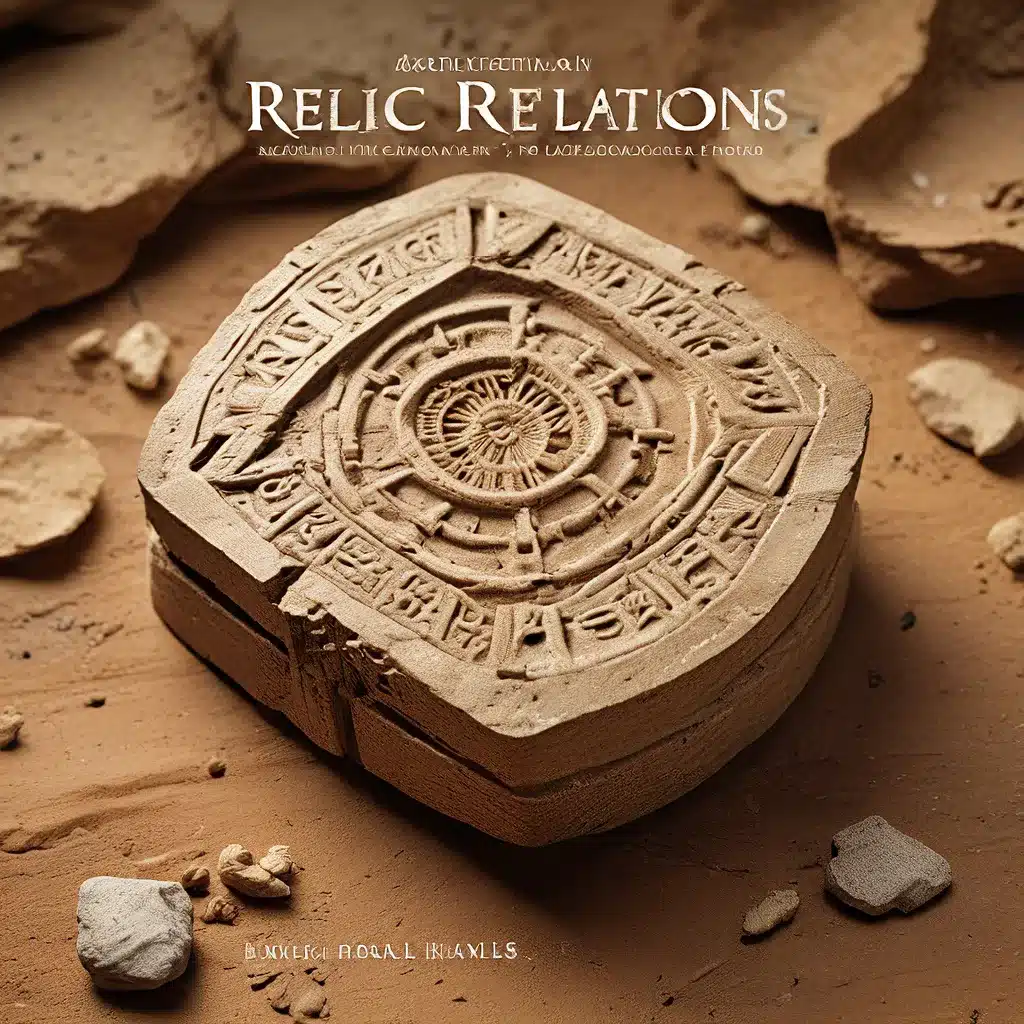
Unearthing Ancient Mysteries: Deciphering the Herculaneum Scrolls
Nearly two millennia after the eruption of Mt. Vesuvius in 79 CE, the charred and carbonized papyrus scrolls discovered in the ancient library of Herculaneum are finally yielding their long-hidden secrets. Thanks to the efforts of a dedicated team of researchers and the support of the National Endowment for the Humanities (NEH), cutting-edge artificial intelligence (AI) technologies have made it possible to virtually unravel these fragile relics, revealing the lost knowledge of the classical world.
The Herculaneum scrolls represent a remarkable archaeological treasure trove, as they are the only large-scale library from the ancient Greek and Roman civilizations to have survived in its entirety. Buried and preserved under the volcanic ash for centuries, these scrolls were long thought to be impossible to decipher, as attempts to physically unroll them invariably resulted in their destruction.
Researchers at the University of Kentucky, led by computer scientist Brent Seales, have pioneered non-invasive technologies to access the text locked within the compacted carbonized layers of the Herculaneum papyri. With the support of a $500,000 grant from the NEH in 2019, the team was able to develop and test machine-learning methods for detecting the ancient ink on the 3D X-ray scans of the scrolls, paving the way for the Vesuvius Challenge.
The Vesuvius Challenge: Cracking the Code
The Vesuvius Challenge is a $1 million global competition launched to accelerate the efforts to decode the Herculaneum papyri using artificial intelligence. The challenge has attracted researchers from around the world, all vying to uncover the secrets hidden within these ancient texts.
In March 2023, Seales’ team released the software and thousands of 3D X-ray images of the Herculaneum scrolls to the public, partnering with Silicon Valley entrepreneurs Nat Friedman and Daniel Gross to launch the competition. The contestants used the team’s software, examples, and the knowledge gained from the NEH’s support as a starting point for their own innovative approaches.
One of the winning teams, led by Egyptian biorobotics graduate student Youssef Nader, included Luke Farritor, a SpaceX intern and college student at the University of Nebraska-Lincoln, and Julian Schilliger, a robotics student from Zurich. This team was able to recover over 2,000 characters of text from the scrolls, which papyrologists have translated to a discussion of the nature of pleasure, likely from a previously unknown work by the Epicurean poet and philosopher Philodemus of Gadara.
Unlocking the Invisible Library
The discovery of these new passages represents just a small fraction of the total content of the Herculaneum scrolls, but it marks a significant breakthrough in the quest to unravel the secrets of this ancient trove. Scholars believe that the methods developed at the University of Kentucky and through the Vesuvius Challenge could pave the way for reading the entirety of the Herculaneum scrolls, potentially the largest discovery from the ancient world to date.
Beyond the Herculaneum scrolls, Brent Seales and his colleagues believe that the technologies they’ve developed can be applied to unlock the knowledge held within other similarly damaged and fragile cultural artifacts worldwide, which they refer to as the “invisible library of knowledge.” This vast trove of text-based heritage materials, often too fragile or damaged to study, could significantly enhance and alter our understanding of world history and culture.
The Significance of Ancient Discoveries
The decipherment of the Herculaneum scrolls is a testament to the power of innovation and perseverance in the field of archaeology. These ancient texts, preserved for centuries under the ash of Vesuvius, hold the potential to shed new light on the philosophical, literary, and cultural traditions of the classical world.
As we continue to uncover the secrets of the past, we gain a deeper appreciation for the rich tapestry of human history and the resilience of the human spirit. The Herculaneum scrolls, and the technologies that have made their decipherment possible, represent a remarkable triumph of human ingenuity and a testament to the enduring power of our collective thirst for knowledge.
At The Lost Kingdoms, we are excited to witness these groundbreaking discoveries and to share the stories of ancient civilizations with our readers. Through articles like this, we aim to inspire a deeper fascination with the mysteries of the past and the relentless pursuit of understanding our shared human heritage.
Conclusion
The Herculaneum scrolls have captivated the imagination of scholars and the public alike for centuries. Thanks to the tireless efforts of researchers, the support of institutions like the NEH, and the power of emerging technologies, these long-hidden relics are finally yielding their secrets, unlocking a treasure trove of knowledge that could revolutionize our understanding of the classical world.
As we continue to push the boundaries of what is possible in the realm of archaeology and historical preservation, the Herculaneum scrolls stand as a symbol of the enduring human drive to uncover the mysteries of the past. Through these relic revelations, we gain a deeper appreciation for the resilience of ancient civilizations and the limitless potential of human ingenuity.


